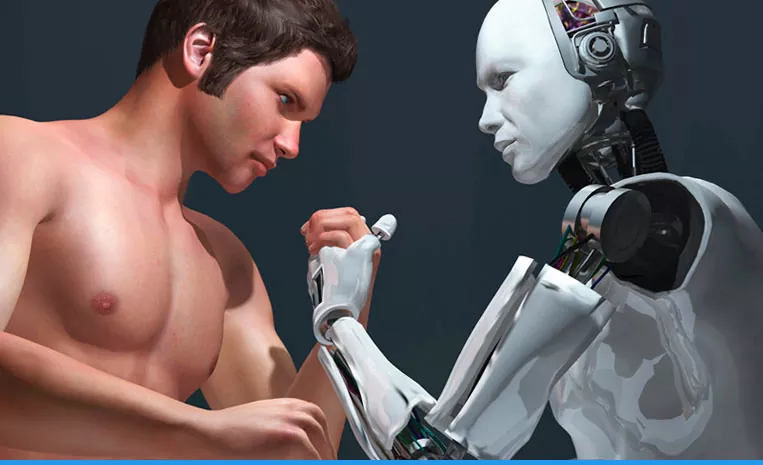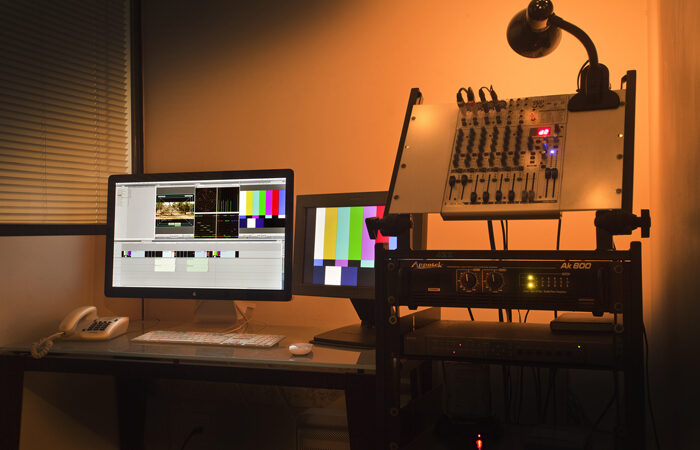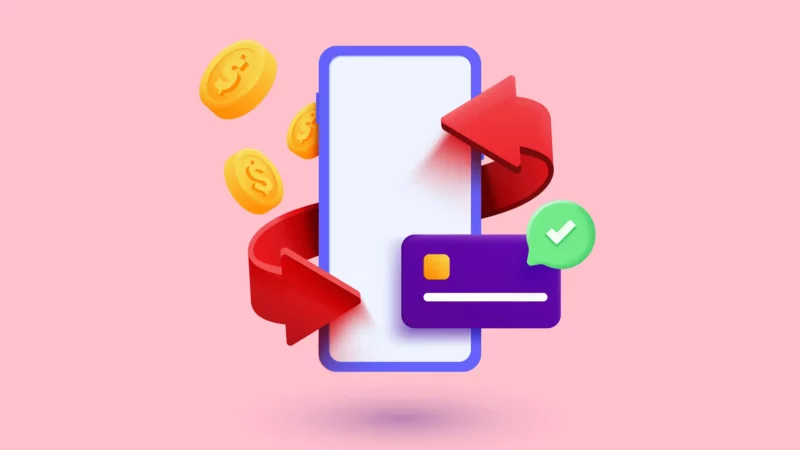Human Skills: Professions that Require Empathy and Intuition

In a world increasingly driven by technology and automation, the value of human skills such as empathy and intuition is becoming more apparent. While technical expertise is crucial in many professions, there are certain fields where the ability to understand and connect with others on an emotional level is equally—if not more—important. In this article, we’ll explore professions that rely heavily on empathy and intuition and discuss why these skills are essential in these roles.
Understanding Empathy and Intuition
Empathy is the ability to understand and share the feelings of others. It involves putting yourself in someone else’s shoes and seeing the world from their perspective. Intuition, on the other hand, is the ability to understand something instinctively, without the need for conscious reasoning. It often involves picking up on subtle cues and signals that may not be immediately apparent.
Professions that Require Empathy and Intuition
- Healthcare Professionals: Doctors, nurses, therapists, and other healthcare providers must possess strong empathy and intuition to effectively care for their patients. They must be able to empathize with patients’ pain and suffering, understand their concerns and fears, and intuitively discern their needs, even when they may not be explicitly stated.
- Social Workers: Social workers work with individuals and families facing challenging situations such as poverty, abuse, addiction, and mental illness. Empathy and intuition are essential in building trust with clients, understanding their unique circumstances, and providing the support and resources they need to overcome adversity.
- Teachers and Educators: Teachers play a crucial role in shaping the lives of their students. They must be able to empathize with students from diverse backgrounds and understand their individual strengths, challenges, and learning styles. Intuition helps teachers adapt their teaching methods to meet the needs of each student and create a supportive and inclusive learning environment.
- Counselors and Therapists: Counselors and therapists work with individuals, couples, and families to address mental health issues, relationship problems, and personal challenges. Empathy is central to building rapport and trust with clients, while intuition helps therapists uncover underlying emotions and motivations that may be driving their clients’ behavior.
- Customer Service Representatives: Customer service representatives interact with customers on a daily basis, addressing their inquiries, concerns, and complaints. Empathy is essential in understanding customers’ frustrations and finding solutions to their problems, while intuition helps representatives anticipate customers’ needs and provide personalized assistance.
- Law Enforcement Officers: Police officers, detectives, and other law enforcement professionals often find themselves in high-pressure situations where quick thinking and sound judgment are crucial. Empathy helps officers de-escalate tense situations and build rapport with community members, while intuition aids in assessing potential threats and making split-second decisions.
- Nonprofit and Humanitarian Workers: Professionals working for nonprofit organizations and humanitarian agencies often encounter individuals and communities facing crises and disasters. Empathy enables them to connect with those in need and provide compassionate support, while intuition helps them assess the urgency of situations and allocate resources effectively.
Why Empathy and Intuition are Essential
Empathy and intuition are not just desirable traits; they are essential skills that can make a significant difference in the quality of care and service provided in these professions. Here’s why:
- Building Trust and Rapport: Empathy helps professionals build trust and rapport with clients, patients, or customers, fostering stronger relationships and better outcomes.
- Understanding Needs: Empathy enables professionals to better understand the needs, concerns, and emotions of those they serve, leading to more effective support and assistance.
- Anticipating Challenges: Intuition allows professionals to anticipate potential challenges or obstacles before they arise, enabling them to proactively address them and prevent escalation.
- Enhancing Communication: Empathy facilitates effective communication by promoting active listening, validation of emotions, and clear expression of empathy and understanding.
- Improving Decision-Making: Intuition can provide valuable insights and gut feelings that guide professionals’ decision-making, particularly in situations where time is limited or information is incomplete.
Conclusion
Empathy and intuition are invaluable assets in professions that require understanding, connection, and support for others. From healthcare and social work to education and customer service, these skills play a critical role in building trust, enhancing communication, and improving outcomes. As technology continues to advance, the human touch provided by empathy and intuition remains irreplaceable in many aspects of our lives.






